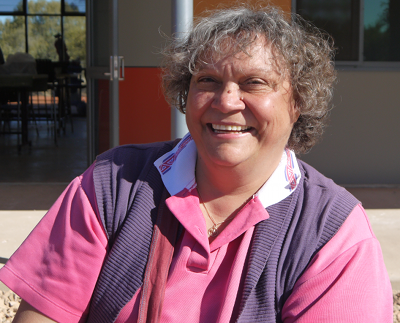Adult learning principles
What is andragogy?
Andragogy is basically ‘… the art and science of helping adults learn’.

Alexander Kapp and Eugen Rosenstock-Huessy developed theories around adult education, which were later popularised by Malcolm Knowles – a theorist in adult education. For Knowles, adult learning was premised on the following characteristics:
The need to know
Adults want to know why they need to learn something. They may ask: ‘Why do I need to know this? or ‘Why is this important?’ Adults want to understand the value. They want their learning experiences to:
- meet their needs
- be relevant
- help them achieve their goals.
Learner’s self-concept
Adult learners want respect and to be seen as capable learners. They should be offered choice and be encouraged to set their own learning goals. Adult learners:
- are self-motivated and self-directed
- are independent
- like to find their own way
- can make their own decisions
- want to manage their own learning.
Self-directed learning is one of the more contentious aspects of Knowles’ theories. There are various definitions of self-directed learning. It is worth reading Stephen Brookfield for an alternative perspective.
Role of the learner’s experience
Adult learners are a valuable resource because they bring the richness and diversity of their lives with them. They should be given the opportunity to use their existing knowledge and experience, which they can apply to new learning experiences. Adult learners:
- have diverse experience and knowledge
- may have ingrained ideas about things
- apply their life experience and knowledge to new learning
- use their problem-solving, reflecting and reasoning skills.
Readiness to learn
Adults are ready to learn when they identify something they want to know or become proficient at, or when they experience something that connects with their life situations. They become ready to learn things in order to cope effectively with real-life situations. Adult learners:
- are goal focused
- want timely learning
- seek meaningful learning experiences
- need clear learning goals.
Orientation to learning
Adult learners want to be engaged in life-centred or problem-centred learning experiences. They want to learn what will help them perform tasks or deal with problems they see in their lives now. Adult learners:
- are practical – their learning should apply to their lives, job, etc.
- want to be involved in planning their learning
- focus on the aspects that are most useful to them.
Motivation
Adults are responsive to external motivators such as a better job or increased salary. However, the best motivators are internal; for example:
- increased job satisfaction
- heightened self-esteem
- better quality of life
- personal growth and development.
Motivation can be diminished by learning experiences that do not embrace adult learning principles.
By defining these characteristics, Knowles distinguished andragogy, or the art and science of helping adults learn, from other areas of education, especially pedagogy. It is worth noting at this point that this is no one theory or model that explains everything we know about adult learners.
Learn more about:
